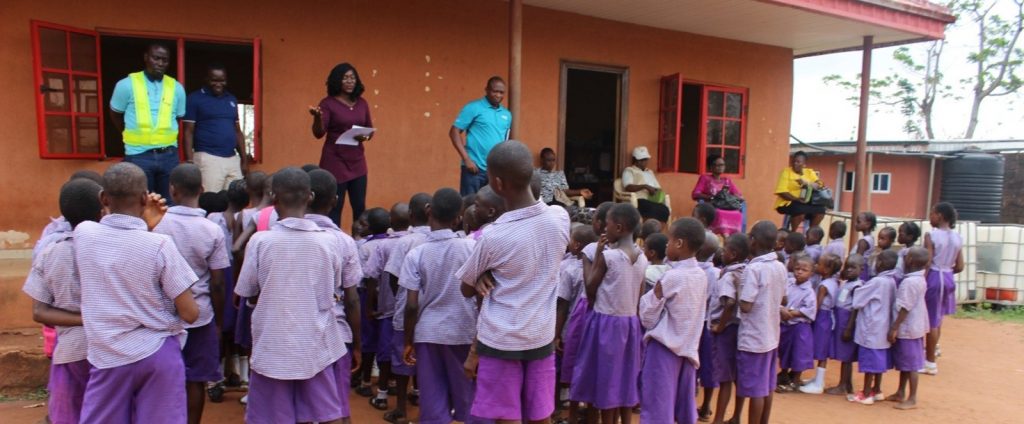Author: Lisa Pinsley, Energy, South Africa @ Actis
The beginning of the lifecycle of an African power plant is inherently global. Imported development skills, capital, equipment and contractors combine with local ingenuity, regulation and workforce to create a long-lasting electricity provider to fuel hungry economies.
The African continent’s reaction to the COVID-19 virus pandemic uncovers the complexities of that globalism. Across our portfolio, we have nine projects under construction in four countries. You can’t do much working from home in the construction field. Three of the projects are being built by Chinese contractors, who from January 2020 implemented quarantining at sites in Kenya and South Africa for any incoming Chinese nationals and worked around supply chain issues. This caused limited disruption and construction continued on schedule.
It was the February and March impact of the European and American COVID-19 outbreaks which had a greater effect. In South Africa, the first COVID-19 cases were detected in locals and Europeans returning from European ski holidays. In Kenya, the first case identified was a woman returning from the US via London. Worried about lack of medical resources, African Governments swiftly and smartly moved to close borders and imposed varying degrees of lockdowns to slow the spread.
In Kenya, while the Chinese and Kenyan workforce continued with appropriate health measures in place, other expats working as advisors and suppliers were repatriated, halting certain commissioning activities pending workaround solutions. A similar issue with expats has affected our wind project in Senegal.
In South Africa, where a more sophisticated local skillset is available and hence projects rely less on expats, it has been a different story. The stricter national lockdown rules, in which people can only leave their houses to buy food or visit a healthcare facility unless their services are considered essential, has caused our construction sites to move to a skeleton crew and pause construction activities.
In addition to the construction projects, Actis portfolio companies own and operate an additional seven power plants around the continent.
“Given the limited nature of on-site human activity during operations, and the deeming of operating plants as “essential services” during a lockdown, the impact has been less marked.”
Health and safety can bring people together, especially in times of crisis. In Senegal, staff from Azura’s Tobene plant and the neighbouring Lekela Taiba plant have been hosting workshops with community members including women, children and imams about COVID-19 symptoms, mitigation and treatment, including the provision of soap.
While most of our African markets are seeing a temporary ~20% drop in electricity demand during the lockdowns, placing some strain on the utilities’ balance sheets, we observe and are actively encouraging additional multilateral support to the African electricity sectors to ensure our off-takers remain healthy during and post-pandemic. In South Africa, Eskom sent force majeure notices to operating wind projects including ours in the Northern Cape, citing potential grid stability issues, which, if utilised and proven legitimate, offers limited curtailment ability in the PPA. This is expected to affect the Eastern Cape given its morning wind profiles and the reduced industrial day time demand during the lockdown.
The future of the African energy sector is still bright. The fundamental and enduring power of low-cost electricity supply in risk-mitigated structures in Africa means that these temporary COVID-19 interruptions will have minimal long term effect on our investments. Low-cost electricity keeps hospitals working, schools open and factories running. Also and importantly it encourages FDI into countries focused on expanding their economies.



